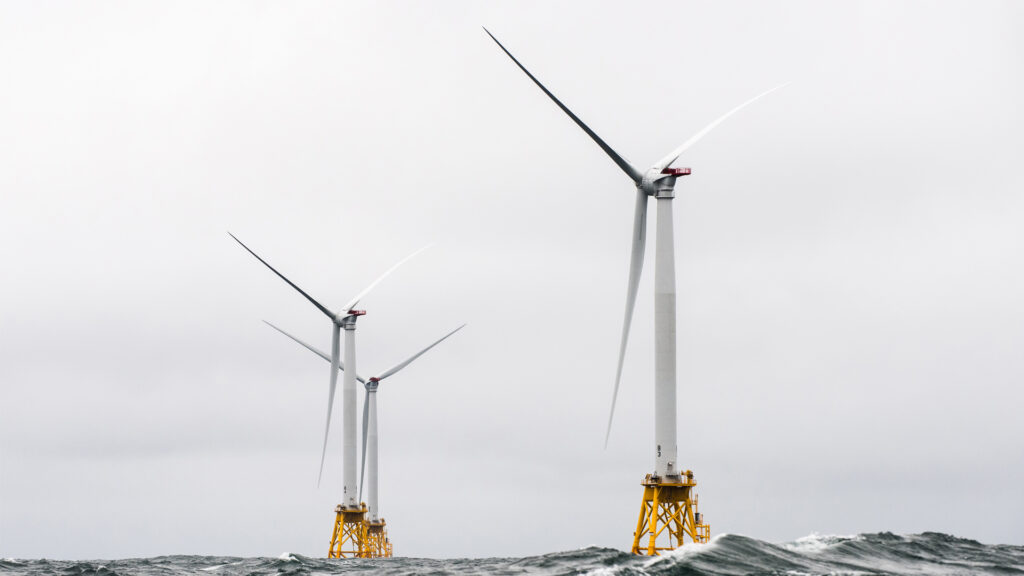By Greg Knecht, The Nature Conservancy
While Florida continues to experience the effects of climate change, including record heat, more intense hurricanes and sea-level rise, communities and businesses have been working to transition to renewable energy and electrified transportation. But there are several bills moving through the Florida Legislature that threaten to derail those efforts, and in turn, halt the economic and environmental benefits of clean energy.
These reversals, including striking climate change language from current law, not only harm Florida’s future, but our present economy, too.
Senate Bill 1624 by Sen. Jay Collins, R-Tampa, and House Bill 1645 by Rep. Bobby Payne, R-Palatka, rewrite Florida energy policy to eliminate state goals to address the impacts of climate change and the reduction of greenhouse gas emissions. The legislation also aims to remove from current law the recognition that “implementation of alternative energy can be a source of new jobs and employment opportunities for many Floridians.”
Long-term impacts

Among many troubling provisions, the bill bans the construction and operation of offshore wind energy in Florida, eliminates the authority of the Florida Department of Agriculture and Consumer Services’ Office of Energy to set renewable energy goals and strategies, and prevents homeowners associations and development districts from restricting energy sources servicing a development. It also repeals programs that have provided incentives for green procurement, energy efficiency and renewable energy.
HB 1301 by Rep. Shane Abbot, R-DeFuniak Springs, prohibits the Florida Department of Transportation and Metropolitan Planning Organizations from considering “environmental, social, governance” (ESG) factors in their transportation plans, “including any initiative adopted by the Federal Government or an agency thereof to achieve a reduction in carbon dioxide emissions or threshold to achieve net zero emissions of carbon dioxide.” This provision will prevent transportation planners from accessing federal grants for transportation infrastructure improvements, including electric vehicle charging infrastructure, sidewalks and mobility options that reduce carbon emissions.
Similarly, SB 1032 by Sen. Joe Gruters, R-Sarasota, removes legislative intent for the role of Metropolitan Planning Organizations (MPOs) in “minimizing transportation related fuel consumption, air pollution, and greenhouse gas emissions through metropolitan transportation planning processes.”
A net-zero economy
Rather than turning back the clock, Florida lawmakers should recognize the economic benefits of the continued transition to renewable energy and electric transportation, including job creation and lower consumer costs.
A forthcoming report commissioned by The Nature Conservancy in Florida, called “Economic Benefits of Decarbonization in Florida,” finds that investment in a net-zero economy results in a state economy that is nearly 2% larger than the baseline in 2050. Reduced spending on electricity and private transportation allows consumers to redirect spending in other sectors, supporting economic growth. A net-zero economy operates with clean energy and actions that address carbon emissions sources.
De-carbonizing our economy — meaning to reduce carbon dioxide emissions in manufacturing, transportation, and other parts of our economy — can drive vast job growth, and we’re already seeing results. Florida ranks second in the nation for solar power jobs and third in solar electric installation capacity. Florida is attracting manufacturing businesses that support solar, wind and EV production. Existing businesses, such as Mitsubishi and General Electric, which manufacture wind turbines, are already creating high wage jobs.
Removing state policy supportive of carbon-reducing technologies sends the wrong message to private and public investors, undermining Florida’s competitiveness and the creation of new clean energy jobs.
Rather than position Florida as a leader in innovation, legislation to strike climate change considerations removes the Sunshine State from the clean energy conversation. Florida lawmakers should recognize the incredible economic opportunity afforded by the transition to renewable energy and electric transportation and embrace — not erase — state policy supportive of de-carbonizing Florida’s economy.
Greg Knecht is the executive director of The Nature Conservancy in Florida. The Nature Conservancy is a global environmental nonprofit. This opinion piece was originally published by the Miami Herald, which is a media partner of The Invading Sea.
If you are interested in submitting an opinion piece to The Invading Sea, email Editor Nathan Crabbe at ncrabbe@fau.edu. Sign up for The Invading Sea newsletter by visiting here.



